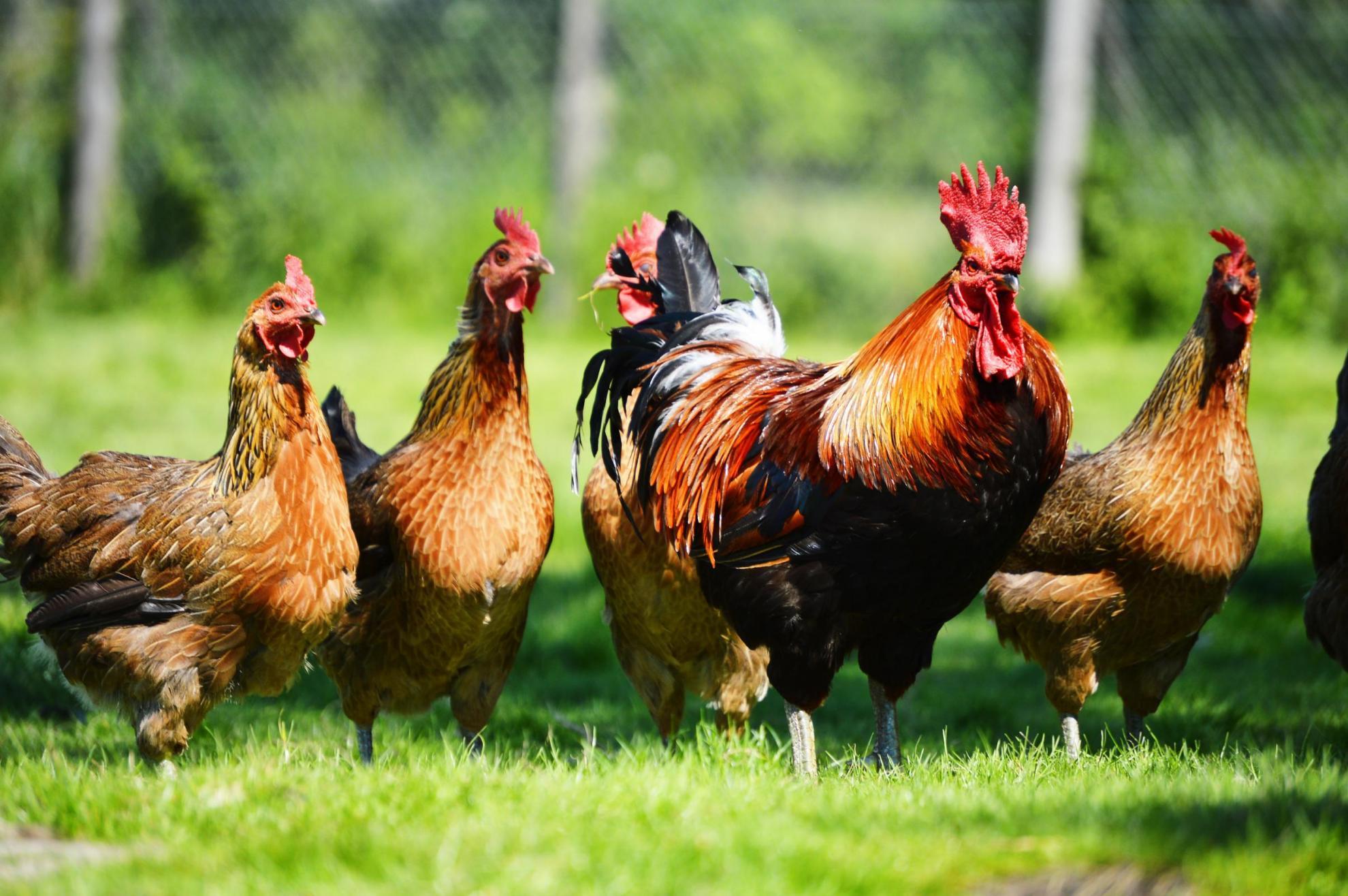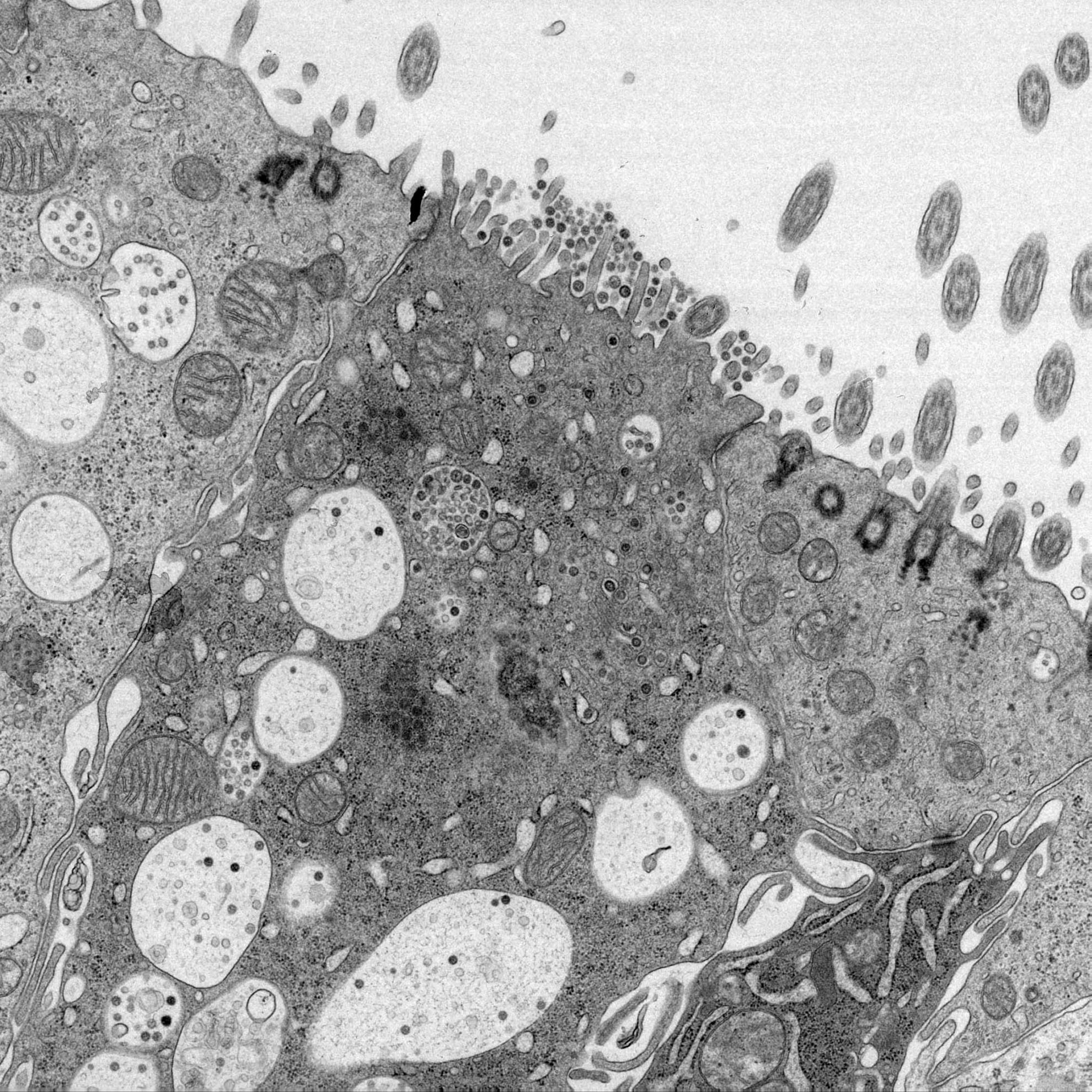Infectious bronchitis virus as a vector for the expression of heterologous genes
The avian coronavirus infectious bronchitis virus (IBV) is the causative agent of the respiratory disease infectious bronchitis of domestic fowl, and is controlled by routine vaccination. To explore the potential use of IBV as a vaccine vector a reverse genetics system was utilised to generate infectious recombinant IBVs (rIBVs) expressing the reporter genes enhanced green fluorescent protein (eGFP) or humanised Renilla luciferase (hRluc). Infectious rIBVs were obtained following the replacement of Gene 5 or the intergenic region (IR) with eGFP or hRluc, or the replacement of ORFs 3a and 3b with hRluc. The replacement of Gene 5 with an IBV codon-optimised version of the hRluc gene also resulted in successful rescue of infectious rIBV. Reporter gene expression was confirmed by fluorescence microscopy, or luciferase activity assays, for all successfully rescued rIBVs following infection of primary chick kidney (CK) cells. The genetic stability of rIBVs was analysed by serial passage on CK cells. Recombinant IBV stability varied depending on the genome region being replaced, with the reporter genes maintained up to at least passage 8 (P8) following replacement of Gene 5, P7 for replacement of the IR and P5 for replacement of ORFs 3a and 3b. Codon-optimisation of the hRluc gene, when replacing Gene 5, resulted in an increase in genome stability, with hRluc expression stable up to P10 compared to P8 for standard hRluc. Repeated passaging of rIBVs expressing hRluc at an MOI of 0.01 demonstrated an increase in stability, with hRluc expression stable up to at least P12 following the replacement of Gene 5. This study has demonstrated that heterologous genes can be incorporated into, and expressed from a range of IBV genome locations and that replacement of accessory Gene 5 offers a promising target for realising the potential of IBV as a vaccine vector for other avian pathogens.
Back to publications

